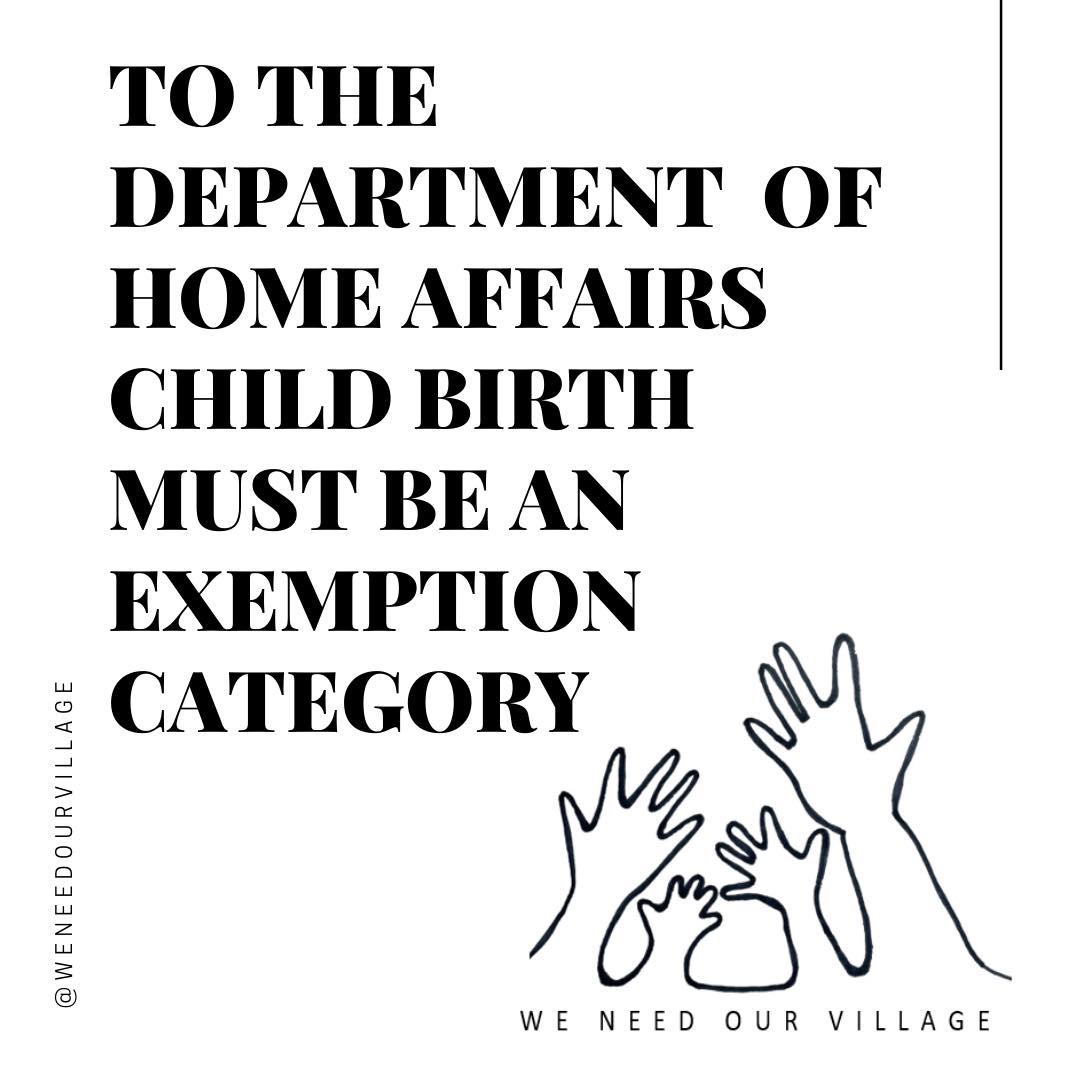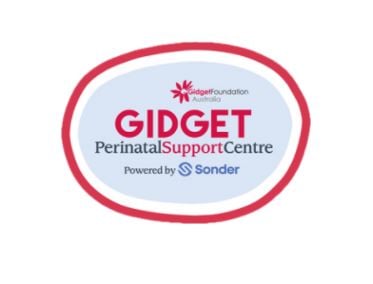It has been documented that parent education during early stages of pregnancy not only builds awareness of mood and relationship changes related to childbirth, but also help to diminish the trauma that PNDA may cause.⠀
Preparing for childbirth should also include understanding perinatal mental health. It is so important to know the signs of perinatal ill mental health and have strategies in place if things don’t go to plan.
Early intervention is so important, we need to break the cycle, solving problems before it becomes a much bigger problem further down the line.
By educating yourself it will give you a set of tools to thrive and build resilience and empower you as a parent
Please check out these following courses
Talk to other people who've been there. There are many different group and individual peer-led support programs to help women and families heal from what they have been through in a safe, supportive environment.
I am wildly passionate to advocate for all expecting and new parents. Whether you physically birthed your child or not, the transition to motherhood is a process that needs to be honoured. You cannot and should not go through this transition period when you're vulnerable and alone.
The impact of the COVID-19 pandemic has been devastating for women.
Women who have given birth during the crisis, have been one of the most affected groups in our communities.
The pandemic has placed a larger number of women at heightened risk for postnatal depression.
For instance, factors at a strong risk of being exacerbated include: low social
support; exposure to traumatic events during or prior to pregnancy and birth; significant life events occurring during pregnancy; and high stress associated with the care of children.
Perinatal mental illness has been identified as a major public health problem and can have long lasting detrimental effects on families and children.



